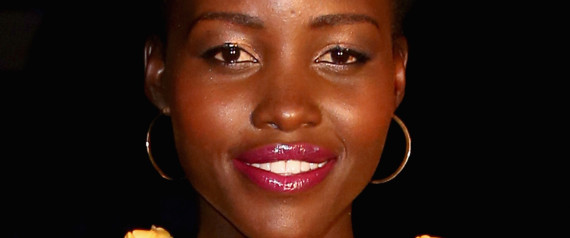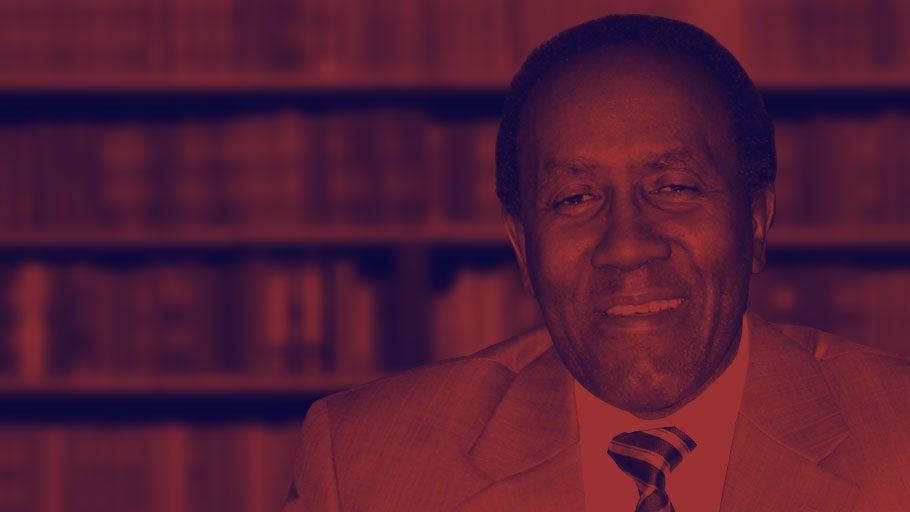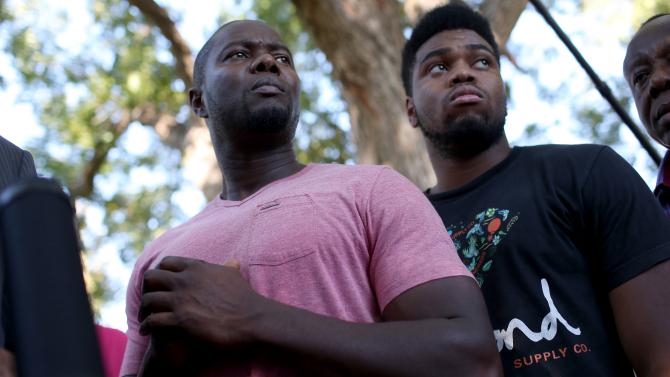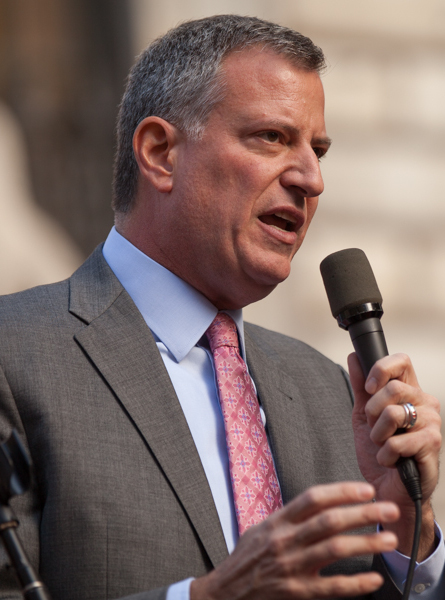
There is no written or reliable record on the day of her birth, but we do know the date of her transition, November 26, 1883…

There is no written or reliable record on the day of her birth, but we do know the date of her transition, November 26, 1883…

RICHMOND, Va. (AP) — “Twelve Years a Slave” actress Lupita Nyong’o is lending her star power to the opposition to a minor league baseball stadium in what was once the center of Richmond’s thriving slave-trading center.
“Somehow, white youth engaged in bad behavior, including property destruction, manage to walk away alive or face arrest without the threat of physical abuse. Death by law enforcement is a penalty specifically reserved for Black youth and mostly levied against Black males.”
My first job in media was as a television producer. I was 28 years old, eager and brimming with ideas, some of which I’m sure were good and others of which I’m sure were not. Not long after starting the job, I asked to produce a segment with a well-known black actor whose work I had long followed. As the only black producer there, I knew from experience that when walking into an entirely white environment, it always felt good to be greeted by another brown face.

The outbreak of Ebola in Guinea, Sierra Leone and Liberia has triggered a worldwide realization of how a deadly contagious disease can imperil the global community.
The Levittown home of Peg Brennan, at 25 Winding Lane, shot in 1958. Library of Congress Prints and Photographs Division.

Josephus Weeks (left), a nephew of Thomas Eric Duncan, and Weeks’ son, Josephus Weeks Jr., attend a prayer service Oct. 7, 2014, with nurses, doctors and staff in front of Dallas’ Texas Health Presbyterian Hospital, where Duncan eventually died from Ebola.

Bill De Blasio won the 2013 mayoralty election convincingly. That victory put an end to 20 years of Republican domination of a Democratic city.

On October 8th, I learned about the death of Vonderrit Myers, another young Black man killed by a white police officer in Missouri.
by Davey D So the weekend dubbed #FergusonOctober is over. Thousands took to the streets of St Louis on Saturday. They attended big rallies and concerts on Sunday. St Louis University…
With all of the discussion about ISIS/ISIL, Al Qaeda, etc., one would think that the only terror on this planet is that derived from relatively small numbers of criminal fascists…